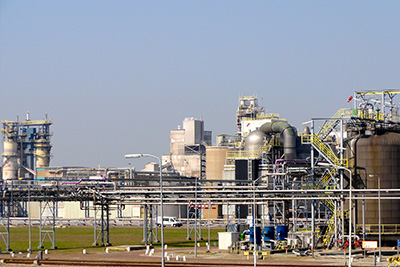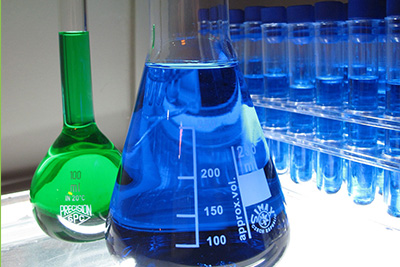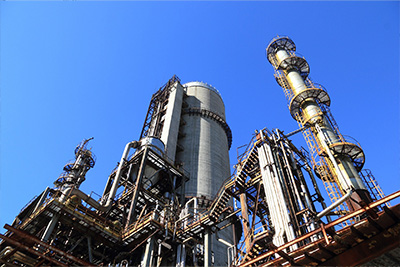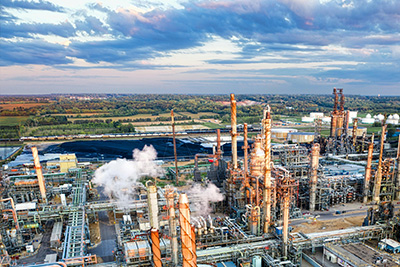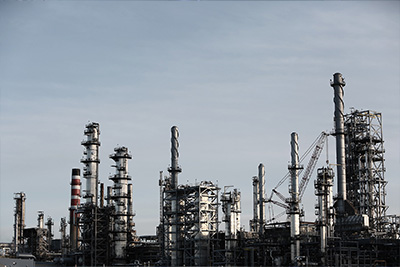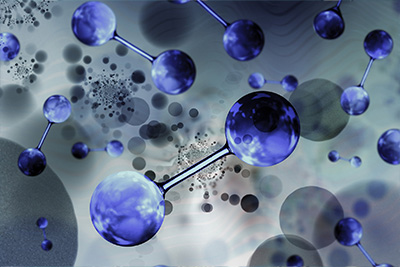-
![Addressing the Cha···]() 2024-12-06 Addressing the Challenges of Recycli···
2024-12-06 Addressing the Challenges of Recycli···The article addresses the difficulties associated with recycling polyvinyl chloride (PVC) materials that contain methyltin mercaptide stabilizers. These additives, while effective in preventing degradation during manufacturing and use, complicate the recycling process due to their impact on material properties and processing conditions. The challenges include maintaining mechanical strength, controlling odor issues, and managing the formation of harmful byproducts. The paper reviews current methodologies and proposes potential strategies to enhance the recyclability of these PVC products, aiming to reduce environmental impact and promote sustainable practices in the industry.
read more > -
![The Role of Methyl···]() 2024-12-06 The Role of Methyltin Mercaptide in ···
2024-12-06 The Role of Methyltin Mercaptide in ···Methyltin mercaptide plays a crucial role in the production of Chlorinated Polyvinyl Chloride (CPVC) piping systems by acting as an efficient heat stabilizer. This stabilizer prevents degradation during the high-temperature processing required for CPVC manufacture, ensuring the material retains its mechanical properties and chemical resistance. The incorporation of methyltin mercaptide enhances the longevity and performance of CPVC pipes, making them suitable for various applications, including potable water distribution and chemical processing systems.
read more > -
![Enhancing PVC Tran···]() 2024-12-06 Enhancing PVC Transparency and Gloss···
2024-12-06 Enhancing PVC Transparency and Gloss···This study explores the use of methyltin mercaptide to improve the transparency and gloss of polyvinyl chloride (PVC) products. By optimizing formulation strategies, the research aims to develop high-quality PVC materials suitable for various applications. The incorporation of methyltin mercaptide enhances optical properties, leading to clearer and more reflective surfaces. This approach offers a promising method for manufacturers to achieve superior PVC products in terms of both aesthetics and functionality.
read more > -
![Life Cycle Analysi···]() 2024-12-06 Life Cycle Analysis of Methyltin Mer···
2024-12-06 Life Cycle Analysis of Methyltin Mer···This study conducts a life cycle analysis of methyltin mercaptide-stabilized polyvinyl chloride (PVC) products, examining both environmental impacts and economic costs. The research evaluates the entire lifecycle, from raw material extraction to disposal, focusing on the effectiveness of methyltin mercaptides as stabilizers in PVC manufacturing. Results indicate that while these stabilizers enhance product durability and longevity, they also introduce significant environmental burdens due to their toxic nature. Economically, the high cost of methyltin mercaptides poses challenges for widespread adoption. The analysis provides insights into balancing environmental sustainability with economic feasibility in PVC production processes.
read more > -
![Methyltin Mercapti···]() 2024-12-06 Methyltin Mercaptide as a Heat Stabi···
2024-12-06 Methyltin Mercaptide as a Heat Stabi···Methyltin mercaptides are utilized as heat stabilizers in polyvinyl chloride (PVC) products intended for food contact. This application raises regulatory concerns due to potential migration of the substance into food. The article discusses the necessary testing protocols and safety assessments required to ensure that methyltin mercaptides do not pose health risks when used in such applications. It highlights the importance of compliance with international regulations and standards to guarantee the safe use of these compounds in food-contact materials.
read more > -
![The Impact of Proc···]() 2024-12-06 The Impact of Processing Temperature···
2024-12-06 The Impact of Processing Temperature···The article examines how fluctuations in processing temperatures affect the efficiency of methyltin mercaptide as a stabilizer in polyvinyl chloride (PVC). It highlights that variations in temperature can significantly impact the thermal stability and overall performance of PVC materials, emphasizing the critical role of consistent processing conditions for optimal results. The study underscores the need for precise temperature control during the manufacturing process to ensure the effectiveness of methyltin mercaptide in enhancing the longevity and quality of PVC products.
read more > -
![Reducing Methyltin···]() 2024-12-06 Reducing Methyltin Mercaptide Conten···
2024-12-06 Reducing Methyltin Mercaptide Conten···The study explores methods to decrease the methyltin mercaptide content in polyvinyl chloride (PVC) formulations while maintaining thermal stability. By adjusting formulation ratios and incorporating alternative stabilizers, researchers achieved significant reductions in methyltin mercaptide levels. This approach not only minimizes environmental impact but also ensures that the thermal properties of PVC remain unaffected, thus preserving material quality and performance. The findings offer a sustainable solution for PVC manufacturing processes.
read more > -
![The Use of Methylt···]() 2024-12-06 The Use of Methyltin Mercaptide in M···
2024-12-06 The Use of Methyltin Mercaptide in M···The article explores the application of methyltin mercaptide in medical-grade polyvinyl chloride (PVC) materials. It emphasizes the importance of using this compound to ensure the safety and stability of PVC products in sensitive medical applications. The discussion covers how methyltin mercaptide acts as an effective stabilizer, preventing degradation during processing and use, thereby maintaining the integrity and performance of medical devices made from PVC. This ensures that these devices meet stringent safety standards required for patient care.
read more > -
![Methyltin Mercapti···]() 2024-12-06 Methyltin Mercaptides Role in Enhanc···
2024-12-06 Methyltin Mercaptides Role in Enhanc···Methyltin mercaptides play a crucial role in enhancing the ultraviolet (UV) resistance of polyvinyl chloride (PVC) compounds. These additives effectively protect PVC from degradation caused by UV exposure, prolonging the material's lifespan and maintaining its mechanical properties. By forming a protective layer that absorbs or dissipates UV radiation, methyltin mercaptides significantly reduce the risk of discoloration and embrittlement, making them indispensable in applications requiring long-term outdoor durability.
read more >


